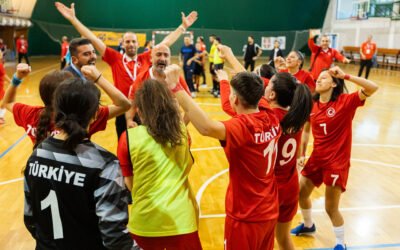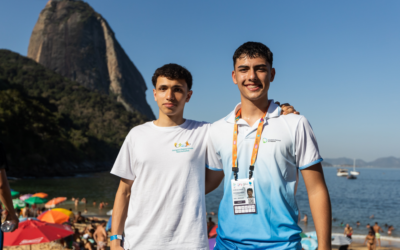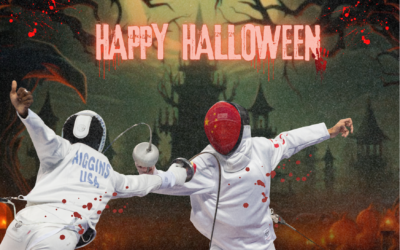How Sport Shapes the Next Generation of Learners
In every classroom, a child raises a hand to ask “why?”
In every playground, that same child moves to find the answer.
Curiosity begins with a question — but it grows through movement.
At the School Sport Foundation (SSF), we believe that sport and education share the same heartbeat. Both teach children to explore, adapt, and discover. Both reward courage more than perfection. And both prepare young minds for a future where the most important skill is not memorizing — but wondering.
Curiosity Is the New Strength
The next generation of athletes won’t be measured only by their speed or scores — but by their spirit of discovery.
They’ll ask:
- How can I move better, not faster?
- How can I help my teammate succeed?
- How can we make play open to everyone?
This shift — from performance to purpose — is already happening.
Across schools supported by SSF, sport is becoming a tool for learning, creativity, and inclusion.
Children are not trained to win — they’re guided to think, feel, and understand through play.
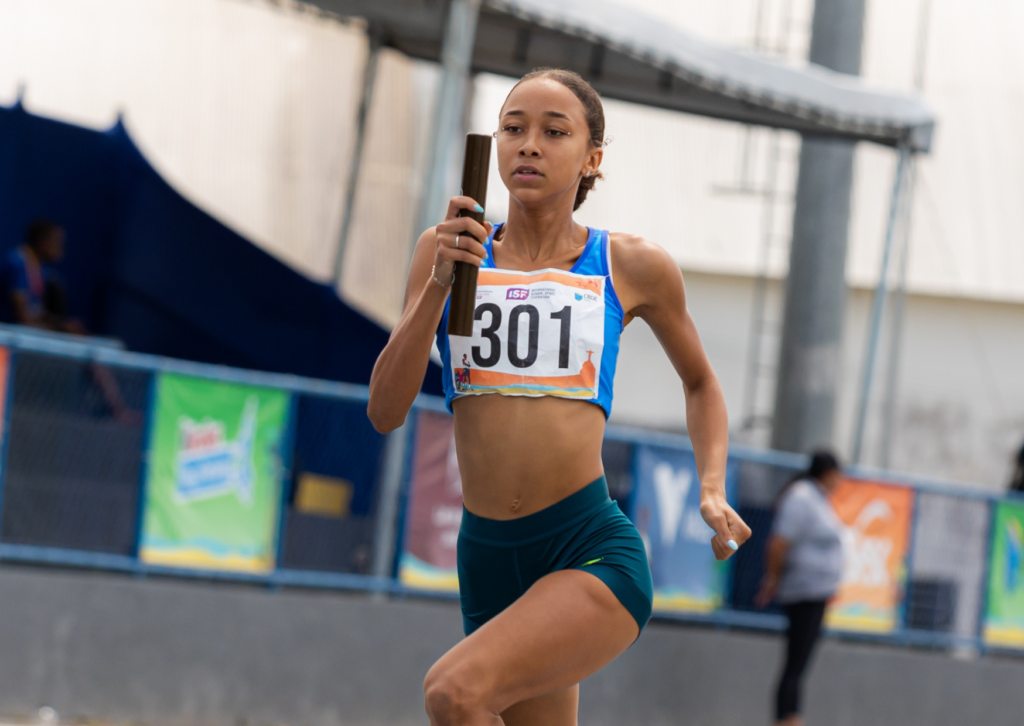
Learning Through Movement
Education doesn’t begin at a desk.
It begins with the first step, the first fall, the first try again.
When children move, they don’t just train muscles — they train the brain. Coordination improves focus; balance teaches patience; teamwork develops empathy.
In sport, mistakes are lessons in disguise, and effort becomes experience.
That’s why SSF promotes physical literacy — helping schools see movement as a foundation of learning, not just recreation.
Because curiosity isn’t taught — it’s awakened.
Movement as a Global Classroom
The future of education won’t fit neatly between four walls.
It will be hybrid, dynamic, and shared across cultures — much like sport.
When children play together, they don’t compare, they connect. They learn that success is collective, not individual.
Through international partnerships and inclusive programs, SSF turns sport into a universal classroom — where every pass, cheer, and handshake teaches communication, fairness, and respect.
Curiosity grows strongest when it’s shared.
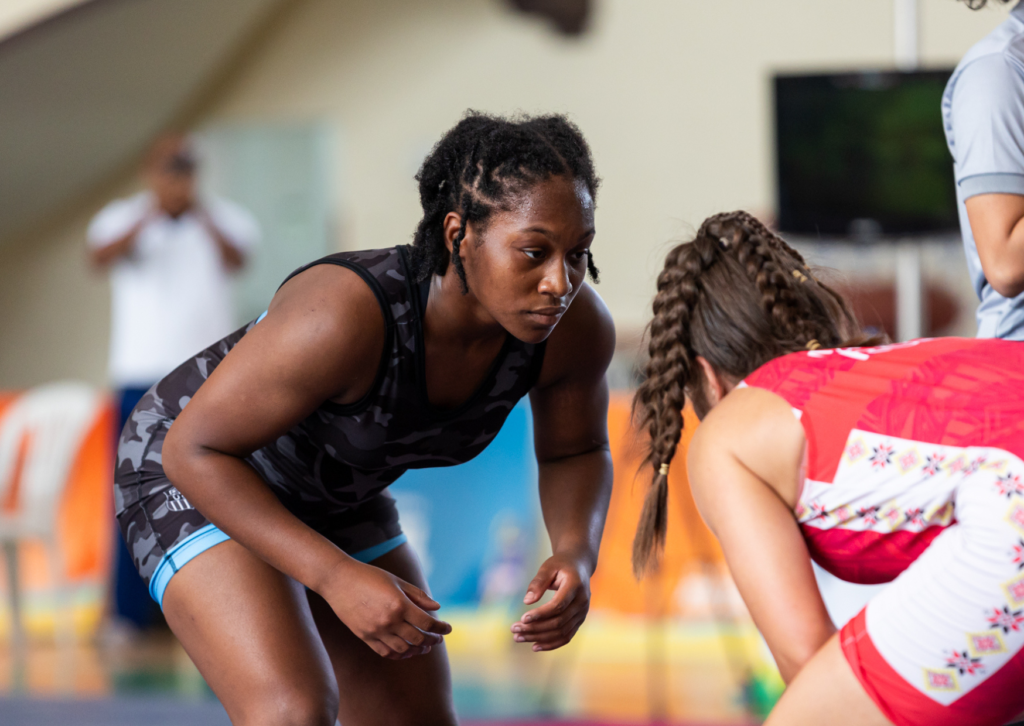
Building Curious Schools
Schools of the future will not only teach reading, math, and science — they will teach how to move, think, and feel.
Imagine classrooms where science experiments begin with a sprint to measure heart rate; where geography lessons start with global games; where teamwork replaces competition as the highest achievement.
This is the kind of learning SSF supports — education that moves.
Because when sport and curiosity work together, every child becomes both an athlete and an explorer.
The Future Belongs to Moving Minds
In the next generation of sport, performance will matter less than purpose.
The best athletes won’t just break records — they’ll ask new questions.
How can movement heal and connect communities?
How can play change the world?
SSF’s work begins with those questions — and every child brave enough to ask them.
Because the future doesn’t belong to those who know all the answers.
It belongs to those who keep moving to find them.
